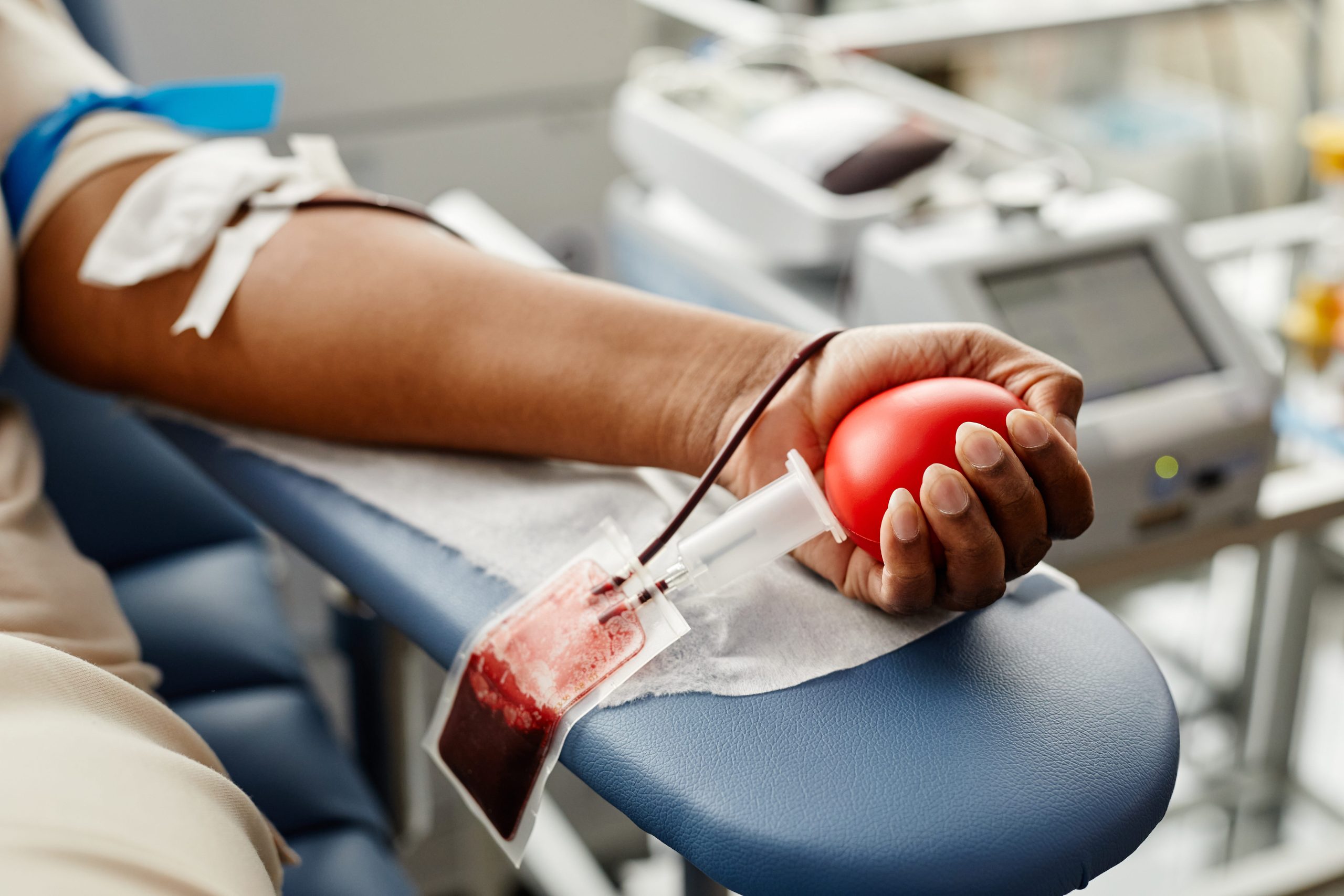Blood
New blood donation rules rolling out will allow more potential donors
PHILADELPHIA (KYW Newsradio) — The American Red Cross on Monday will implement new donor eligibility requirements that will open blood donation to people who have been excluded for decades.
In May, the FDA issued final guidance on transitioning to an individual donor assessment to determine eligibility to reduce the risk of HIV transmission. The FDA also granted an open-ended timeline for when collectors of blood donations could implement the changes.
“The idea is that we are no longer asking different questions to men and to women, and we’re trying to be more holistic about how we assess the risk of a donor as far as infectious disease,” said Dr. Julie Karp at Thomas Jefferson University Hospital.
She says these changes have been in the works for a number of years, but the work for change has been going on since the early 1980s. During the onset of the AIDS crisis, strict restrictions were placed on potential LGBTQ donors — specifically men who have sex with men — over fear of transmitting HIV through blood transfusions.
As a result, sexually active gay and bisexual men have been excluded from donating blood for decades.
In a statement released in June, the Red Cross called the FDA’s elimination of blood donation policies based on sexual orientation “significant progress.”
“There was no really good scientific reasons anymore,” said Karp. “And arguably there have been some scientific reasons to move forward before this. But I think the time was right to do it.”
Karp says this progress has taken so long because “the FDA is an incredibly conservative organization — particularly with regards to blood safety. They are very reluctant to make changes that they feel could risk the safety of the blood supply.”
Newer testing methods, as well as data generated within the U.S, U.K. and Canada, have established that the United States can be more inclusive in its blood donation strategies and welcome more potential donors, while maintaining the safety of the blood supply.
“Years of data have demonstrated that this new eligibility screening process ensures a safe blood supply. All patients should feel comfortable and trust that the blood they receive is safe,” the Red Cross said.
The Red Cross said in June it had been working on procedural changes that would allow sexually active gay and bisexual men who were previously ineligible to give blood going forward.

